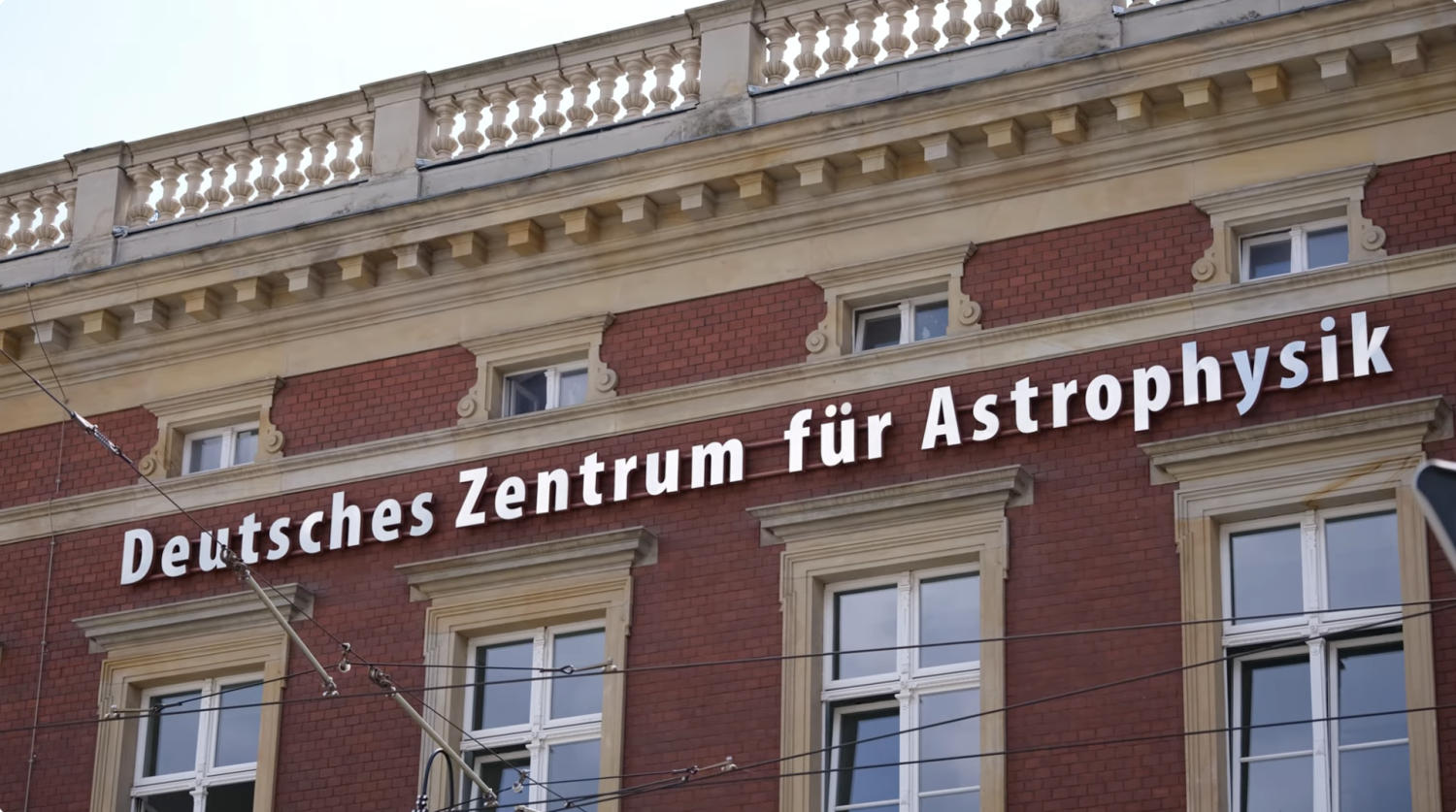Establishing the German Center for Astrophysics
The concept of the DZA will achieve cutting-edge astronomical research, pool and process the data from future large telescopes, such as the SKAO, or the Einstein telescope and serve as a technology and transfer center where new receiver and sensor technologies, silicon optics, modern instrumentation and control techniques for observatories will be developed.
The DZA will create jobs – both at the research centre itself and in companies that will settle in the region as a result of the new science location. It is also expected that spin-offs will emerge from the work of the DZA.
The DZA has been in the development phase since April 2023, which is expected to be completed in 2026. The interdisciplinary and international team currently consists of around 40 employees and is constantly expanding. In the long term, more than 350 scientific, 350 technical, and 200 administrative positions, as well as 100 positions for vocational training, are to be created directly at the DZA. In addition, the DZA is committed to training and education from daycare to management positions.
"Astronomy is currently opening new windows to our cosmos, which not only fascinate science but also have the potential to change our world as a driver of technology and innovation. With the DZA, a large-scale research centre with a forward-looking scientific program is being created," says Prof. Michael Kramer, director of the Max Planck Institute for Radio Astronomy (MPIfR).





